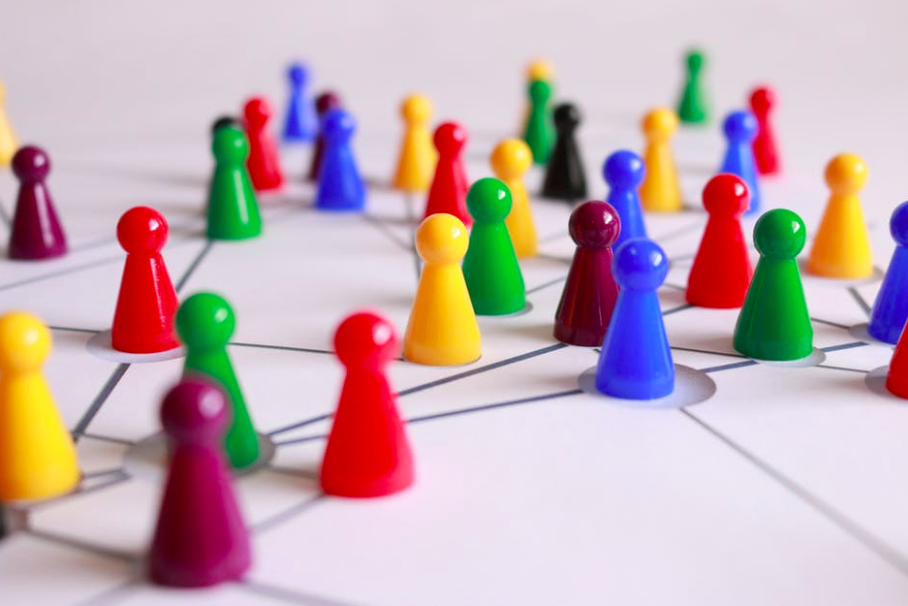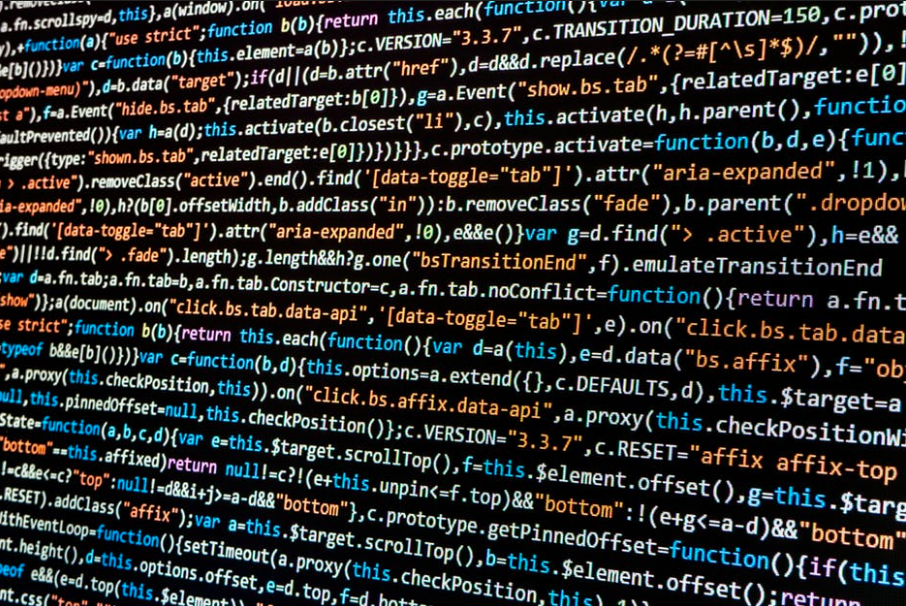Thinker Thoughts is evolving! Every Friday, we’re sharing our 3 favorite reads of the week and what they encouraged us to think about. Give them a think and let us know your thinker thoughts!
What We’ve Been Thinking About This Week
1. Why rule by the people is better than rule by the “experts”…
 A piece in Aeon, “Treat People as Citizens” (10/18), encourages us to think about what democracy is – and what it should be – arguing that our country’s current model has often underestimated the abilities of ordinary people and instead elevated a “rule by experts” mentality.
A piece in Aeon, “Treat People as Citizens” (10/18), encourages us to think about what democracy is – and what it should be – arguing that our country’s current model has often underestimated the abilities of ordinary people and instead elevated a “rule by experts” mentality.
As the author notes, “Democracy requires treating people as citizens – that is, as adults capable of thoughtful decisions and moral actions, rather than as children who need to be manipulated.”
The quote:
“Modern people hate to be told: ‘Do it because I say so.’ Alienation from the political process often leads people to identify with strong leaders who claim to represent the silent majority. Across the world, we see political battles between technocrats and populists, experts who claim authority because of their knowledge versus leaders who fight against elites on behalf of the ‘real people’. A third option is democracy, or the notion that flesh-and-blood people can and ought to exercise meaningful power in the governing of common affairs…
The remedy for our democracy deficit is to devolve as much power as possible to the local level. Many problems can be addressed only on the state, federal and international level, but the idea is that participating in local politics teaches citizens how to speak in public, negotiate with others, research policy issues, and learn about their community and the larger circles in which it is embedded. Like any other skill, the way to become a better citizen is to practise citizenship…
In an epistocracy, a few people make all the crucial decisions, and everyone else might as well stay at home and watch television. In a participatory democracy, people exercise their civic muscles and become more thoughtful, involved in community affairs, and passionate about making the world a better place…
The way to learn how to walk is to walk; the way to become a citizen is to exert some kind of power in the government or civil society. There is no technological quick fix to make our society more democratic. To learn what Tocqueville called ‘the art of being free’, people must have a hand in the governance of common affairs.”
2. What it would be like to communicate with someone directly brain-to-brain…
 A piece in the Wall Street Journal, “The Troubled Marriage of Brains and Computers” (10/19), has us thinking about the creation of “brainets” (i.e. computational networks of connected brains that would enable instant communication or motor tasks between people)…something that we shouldn’t take lightly, according to Dr. Miguel Nicolelis, the article’s author and the Duke School of Medicine Distinguished Professor of Neuroscience and Co-Director of Duke’s Center for Neuroengineering.
A piece in the Wall Street Journal, “The Troubled Marriage of Brains and Computers” (10/19), has us thinking about the creation of “brainets” (i.e. computational networks of connected brains that would enable instant communication or motor tasks between people)…something that we shouldn’t take lightly, according to Dr. Miguel Nicolelis, the article’s author and the Duke School of Medicine Distinguished Professor of Neuroscience and Co-Director of Duke’s Center for Neuroengineering.
The quote:
“…creating a brainet—the stuff of science fiction—isn’t without its perils. Once brains are connected they could become a hackable system in which the thoughts and actions of connected individuals can be accessed and manipulated. In fact, this has already been proved possible. In 2013, two computer scientists at the University of Washington sat in separate rooms wearing caps that connected their brains via the internet. The two men collaboratively played a video game that involved firing a weapon. Scientist A had the controller but couldn’t see the screen; scientist B sat in front of the screen with no controller. Each time scientist B wanted to shoot, he imagined the action, and scientist A’s finger would twitch involuntarily and fire the weapon…
The paradoxical lesson I’ve learned in nearly 30 years of solving problems with technology is this: Technology won’t solve all our problems. The human brain should be revered as something exquisite and unique. We need to rethink the role of digital systems in education and ensure that humans—not machines, or humans joined to them— control the creation and decision-making process for art, science, politics and all the things that define us. Digital technology will never surpass what our brains can do—but it can shape them, and that is the biggest danger.”
3. Algorithms, algorithms, algorithms…
 An article in The Atlantic, “The World’s Most Powerful Publishers Refuse to Admit What They Really Are” (10/19), sheds light on Facebook and Google’s efforts to personalize the news we read, warning against the filtration of news tailored specifically to our interests and beliefs, over and above the “truth.”
An article in The Atlantic, “The World’s Most Powerful Publishers Refuse to Admit What They Really Are” (10/19), sheds light on Facebook and Google’s efforts to personalize the news we read, warning against the filtration of news tailored specifically to our interests and beliefs, over and above the “truth.”
The quote:
“While news personalization can help people manage information overload by making individuals’ news diets unique, it also threatens to incite filter bubbles and, in turn, bias. This ‘creates a bit of an echo chamber,’ says Judith Donath, author of The Social Machine: Designs for Living Online and a researcher affiliated with Harvard University’s Berkman Klein Center for Internet and Society. ‘You get news that is designed to be palatable to you. It feeds into people’s appetite of expecting the news to be entertaining … [and] the desire to have news that’s reinforcing your beliefs, as opposed to teaching you about what’s happening in the world and helping you predict the future better’…
Information-filtering algorithms, whether those of tech giants or news organizations, are the foundation of personalization efforts. But journalists and technologists approach this info-filtering environment in fundamentally different ways. News organizations share information that is true and hopefully engaging. Technology companies like Google and Facebook enable the sharing of information that is engaging and hopefully true. Emerging technologies will only exacerbate the existing problems with algorithmically promoted junk information…
Personalization should be a way to enhance news decisions made by human editors, professionals committed to quality journalism as a crucial component of an open society. The news-filtering algorithms made by companies that refuse to admit they are even in the media business—let alone in a position to do great harm—aren’t bound to even the most basic journalistic standards. And yet they are the dominant forces filtering the world around us in real time.”
Phrase of the week: “Holding your child’s hand, volunteering in your community, doing your job, appreciating the beauty around you—these are the wellsprings of meaning all of us can tap.”
A new book by Iddo Landau, Finding Meaning in an Imperfect World, takes up the age old question of what it means to lead a meaningful life, suggesting that our modern world has distorted our understanding of what gives us purpose. The above quote comes from the Wall Street Journal book review by Emily Esfahani Smith, a gentle reminder of the understated value of the small, the simple, and the ordinary.